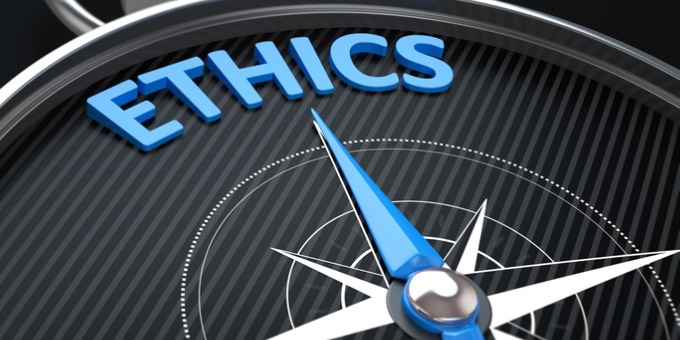

Angle

Legal Ethics and Emerging Technologies
- eDiscovery
- 3 Mins
The phrase “emerging technology” has long become repetitive across the legal industry – and beyond. Email, chat, simple automation software, and TAR were all in this category at one point. The difference now is that the legal industry is experiencing an accelerated period of transformation where technology is advancing at record speed. Legal professionals are figuring out the best way to utilize and advise clients on tools such as generative AI. This creates both excitement and skepticism, as lawyers need to evaluate risk appetite and integrate strategies.
It is crucial to factor ethics into any changes in workflows and practice habits. While change is necessary and beneficial, it must be done carefully to avoid ethical violations that could provide reputational harm not only to the lawyer, but also the organization. This includes remaining informed on new American Bar Association (ABA) and state bar rules and opinions, as well as industry best practices. Given the prevalence of remote culture in business along with legal’s foray into modern law, it is safe to anticipate updated guidance in the coming years. But for now, lawyers should look to the existing rules to guide behaviors with this and other emerging technologies.
Key Obligations
When dealing with emerging technologies, one of the first questions to ask should be: what ethical duties apply here? Confidentiality and competence are two major duties that surface with tech usage. Keeping client data confidential requires an extra layer of vetting to ensure all tools used in-house and via third parties are secure and protect sensitive client data. To remain competent, lawyers must keep informed about innovative trending technologies and basic features even if not utilizing these tools. This has materialized with AI usage in legal practice, most notably the role of technology-assisted review in litigation and investigations.
Without maintaining confidentiality and competence in situations like these or holding onto the unwillingness to adopt emerging technologies, lawyers can put client data at risk and even inadvertently provide disadvantaged representation. Failure to uphold these and other ethical standards can result in discipline, disbarment, court sanctions, reputational harm, and client distrust.
Generative AI and Legal
The use cases for AI in legal practice have expanded as the tech has matured. AI can assist with document review, settlement evaluation, litigation analysis, internal investigations, regulatory compliance, and strategy decisions. With generative AI tools like ChatGPT trending, it is crucial to understand the different risks present and how to safely and integrate usage into legal practice. Here are three factors to consider.
-
Confidentiality: Putting confidential client information into a large language model like ChatGPT can open the door to waive privilege and can violate the attorney-client relationship. Any information included in a prompt will not be deleted and can be used for training purposes.
-
Factual Discrepancies: AI services may create untrue facts or leave out citations, but still appear convincing. This can result in violation of a lawyer’s ethical duty not to make false statements to the tribunal or third parties. While this is not barring use of generative AI for brief or memo drafting, best practice dictates review of the facts to ensure they are accurate before filing with the court or transmitting to opposing counsel.
-
Data Security: ChatGPT’s security risks have already made headlines. There have been unintentional leaks of trade secrets by employees using it for everyday tasks, a ChatGPT data breach exposing private information, questions about non-compliance under privacy laws like GDPR, and even bans by data protection agencies. Lawyers must consider data security when deciding whether to use generative AI for document review, contracting, language translation, and other use cases that involve confidential information. Keep monitoring any changes that materialize following incidents and whether in-house capabilities emerge.
Staying informed of the considerations above will keep lawyers competent when making decisions about using generative AI and advising clients. Also, do not discount the obligation of client communication that would mandate consent before using such tools for a case.
Conclusion
While the intersection of emerging technologies and legal ethics will continue to evolve, being mindful of the basics can help lawyers keep their duties to clients. The business world is changing and legal is embracing digital transformation. The areas discussed above are only a snapshot of key duties lawyers must be mindful of when incorporating emerging technologies into their practice, and there are many unknowns with innovative tools, such as generative AI. As these technologies mature, more will be known. In the midst of innovation, it is also important to remember that simple communication channels used daily such as email and text can inadvertently open the door for unethical behavior if not used carefully. The ABA, state bars, and courts will help clarify what it means to be ethical in all these instances.
For additional reading, please download the whitepaper: Legal Ethics in the Digital Age
The contents of this article are intended to convey general information only and not to provide legal advice or opinions.
